When the master of horror, suspense, and the supernatural names his favorite reads, book lovers take note. Stephen King has spent decades terrifying readers with chilling plots and unforgettable characters—but when it comes to his personal bookshelf, his choices span far beyond the horror genre.
From dystopian classics to literary underdogs, King’s top 10 favorite novels reveal the wide range of stories that shaped his imagination and craft. Some picks are expected. Others? Total curveballs. Whether you’re a longtime Constant Reader or just curious what inspires one of America’s most prolific authors, this list is sure to surprise you.
1. American Pastoral: Suburban Dreams Shattered
Philip Roth’s Pulitzer Prize winner captured King’s imagination with its unflinching look at the American Dream’s collapse. The novel follows Seymour “Swede” Levov, whose perfect life implodes when his daughter commits a violent political act during the Vietnam War era.
King has praised Roth’s ability to weave complex themes of identity, disillusionment, and national upheaval into a deeply personal family tragedy. The book’s exploration of how quickly perceived perfection can unravel resonates with King’s own recurring themes of ordinary lives disrupted by extraordinary circumstances.
2. 1984: The Surveillance State That Haunts King
Orwell’s dystopian vision has left an indelible mark on King’s literary psyche. The totalitarian world where Big Brother monitors every move mirrors anxieties that surface repeatedly in King’s own work about control and surveillance.
Room 101, where citizens face their worst fears, bears striking parallels to King’s talent for mining personal phobias. The novel’s exploration of language manipulation through Newspeak particularly fascinates King, who has often discussed how words can reshape reality.
3. Blood Meridian: McCarthy’s Brutal Western Epic
McCarthy’s savage tale of violence along the Texas-Mexico border showcases prose that King has called “both beautiful and terrifying.” The nameless protagonist, known only as “the kid,” witnesses unspeakable brutality as part of a scalp-hunting expedition in the 1850s.
King admires how McCarthy refuses to flinch from humanity’s darkest impulses. Judge Holden, the novel’s hairless, dancing antagonist, ranks among literature’s most chilling villains – high praise from horror’s reigning monarch!
4. The Hair of Harold Roux: A Hidden Literary Treasure
King has championed this relatively obscure 1974 novel as “probably the best novel you’ve never read.” Thomas Williams crafts a story-within-a-story following Aaron Benham, a professor writing a novel about Harold Roux while navigating his own midlife crises.
The metafictional elements particularly appeal to King, who frequently explores the power of storytelling in his work. The book’s honest portrayal of creative struggle resonates with King’s own candid discussions about the writing process.
5. Invisible Man: A Journey Through American Shadows
This masterpiece follows an unnamed Black narrator navigating a society determined to render him invisible. King admires how the novel transforms social commentary into riveting storytelling through surreal, nightmarish sequences.
The protagonist’s basement illuminated by 1,369 lights echoes King’s own fascination with isolation and hidden worlds. Ellison’s ability to blend horror with social critique has influenced King’s approach to using supernatural elements as metaphors for real-world injustices.
6. Lord of the Flies: Childhood Innocence Gone Savage
Golding’s tale of schoolboys descending into barbarism on an isolated island strikes a chord with King’s recurring theme of childhood’s end. The novel’s unflinching look at how quickly civilization’s veneer can crack reveals humanity’s darker impulses lurking beneath polite society.
King has referenced the book’s influence on stories like “The Body” (filmed as “Stand By Me”). The character of Roger, who silently enjoys throwing stones at a younger boy, embodies the kind of everyday cruelty King often explores in bullies like Henry Bowers in “IT.”
7. The Lord of the Rings: Fantasy’s Epic Influence
Frodo’s quest to destroy the One Ring captivated King long before he crafted his own sprawling epics. Tolkien’s meticulous world-building taught King the importance of creating fully realized settings like his own Castle Rock and Derry.
The fellowship’s journey through Middle-earth influenced King’s approach to group dynamics in novels like “The Stand.” Gollum’s tragic corruption by the Ring’s power echoes in King’s characters who are transformed by supernatural forces beyond their control.
8. The Orphan Master’s Son: North Korean Nightmare
Pulitzer-winning novel, written by Adam Johnson, about survival in North Korea, represents King’s appreciation for contemporary literary fiction. The protagonist Jun Do’s harrowing journey through the state’s propaganda machine creates a dystopian world more terrifying for being real.
King has praised Johnson’s ability to blend dark humor with genuine horror. The scenes in Prison 33, where identities are systematically erased, parallel King’s exploration of institutional evil in works like “The Shining” and “Rita Hayworth and Shawshank Redemption.”
9. Ship of Fools: A Voyage Into Pre-War Tensions
The only novel Katherine Anne Porter wrote, published when she was 72, follows passengers aboard a German vessel sailing from Mexico to Europe in 1931. King appreciates how Porter captures the growing shadow of fascism through the microcosm of the ship’s society.
The character studies of people blind to approaching catastrophe resonates with King’s own explorations of human denial. Porter’s ability to create dread through seemingly mundane social interactions rather than supernatural elements demonstrates the kind of psychological tension King himself often employs.
10. Watership Down: Rabbit Heroes and Hidden Depths
A seemingly simple tale about rabbits seeking a new home contains surprising complexity that King has long admired. The rabbit society, complete with its own mythology and language, demonstrates worldbuilding that influenced King’s own fictional towns.
The novel balances adventure with deeper themes of authority, freedom and death. Fiver’s prophetic visions of fields “covered with blood” mirror King’s own characters who possess “the shine” – special abilities that often bring as much burden as benefit.


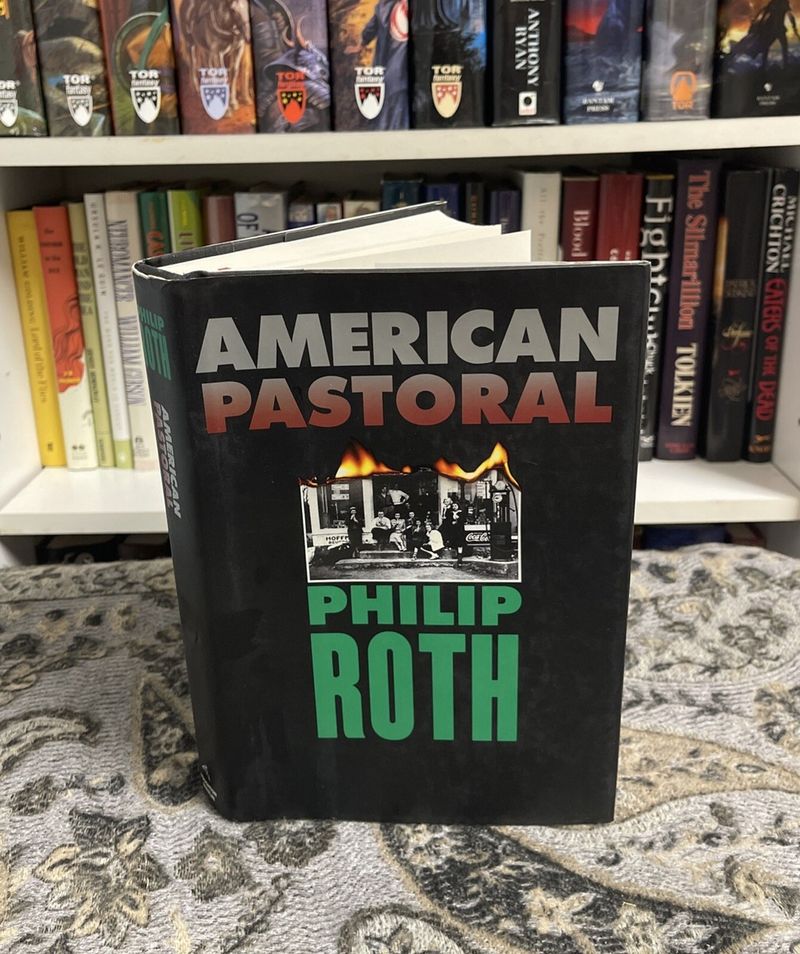

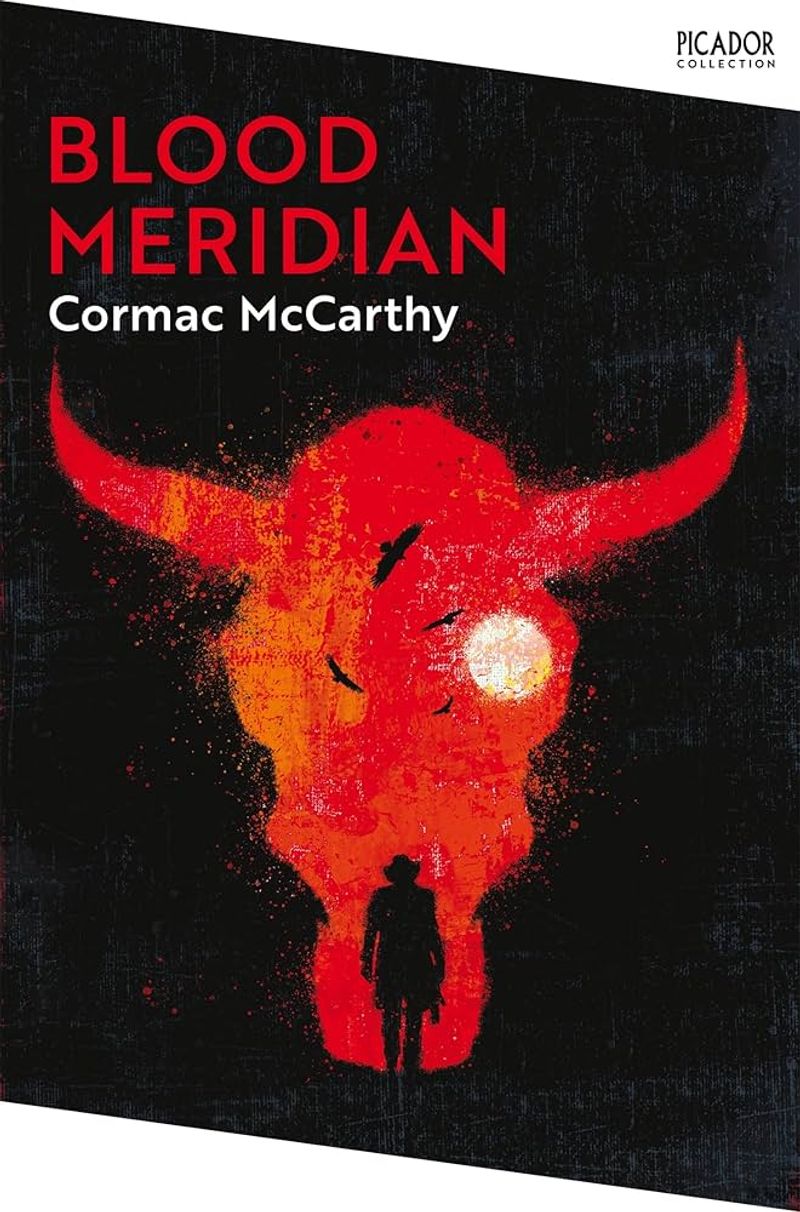
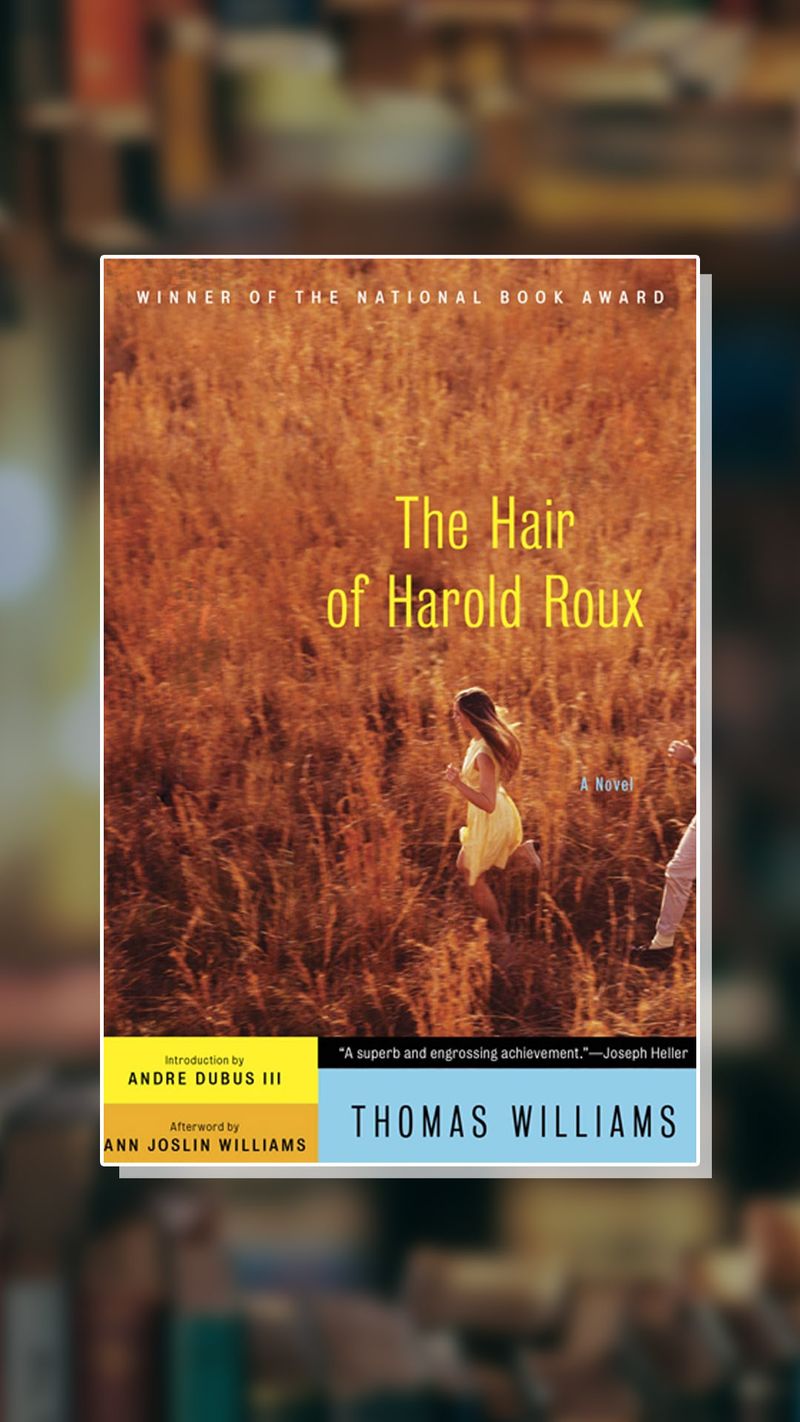
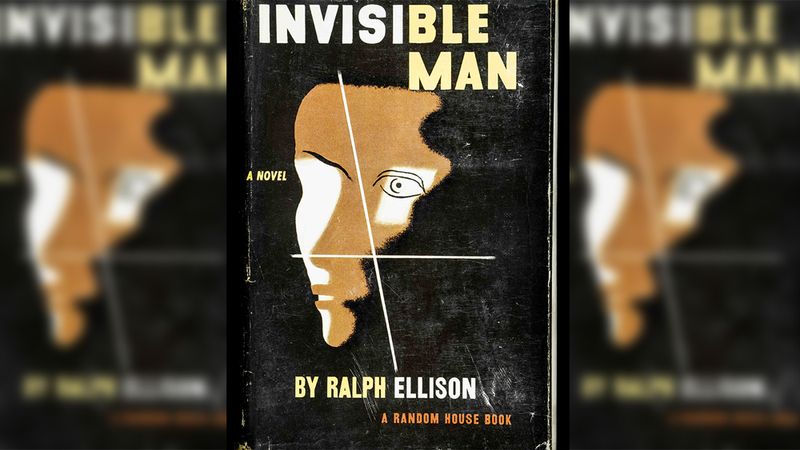
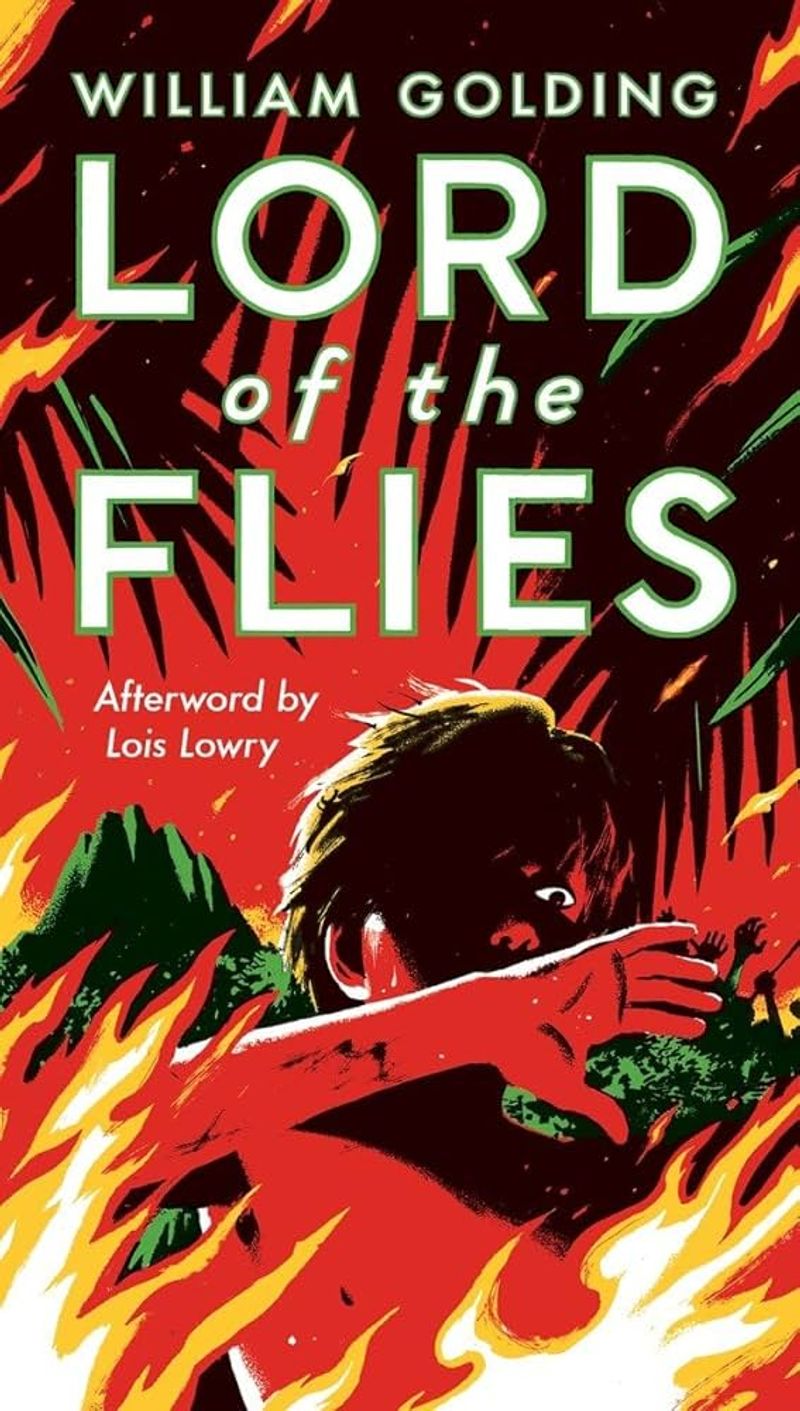
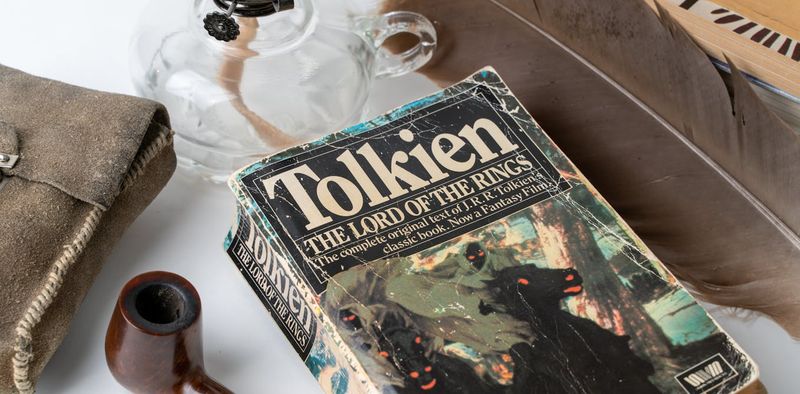
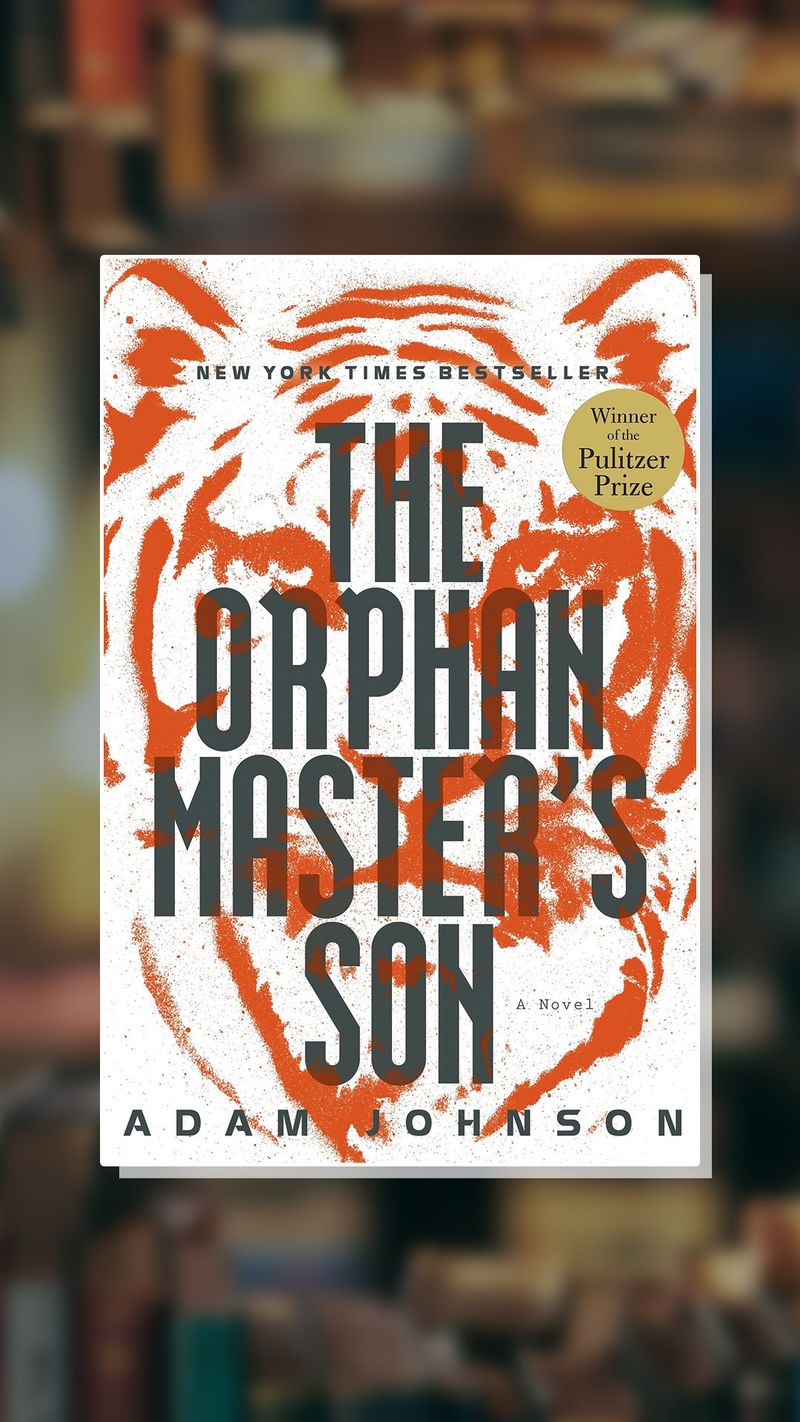
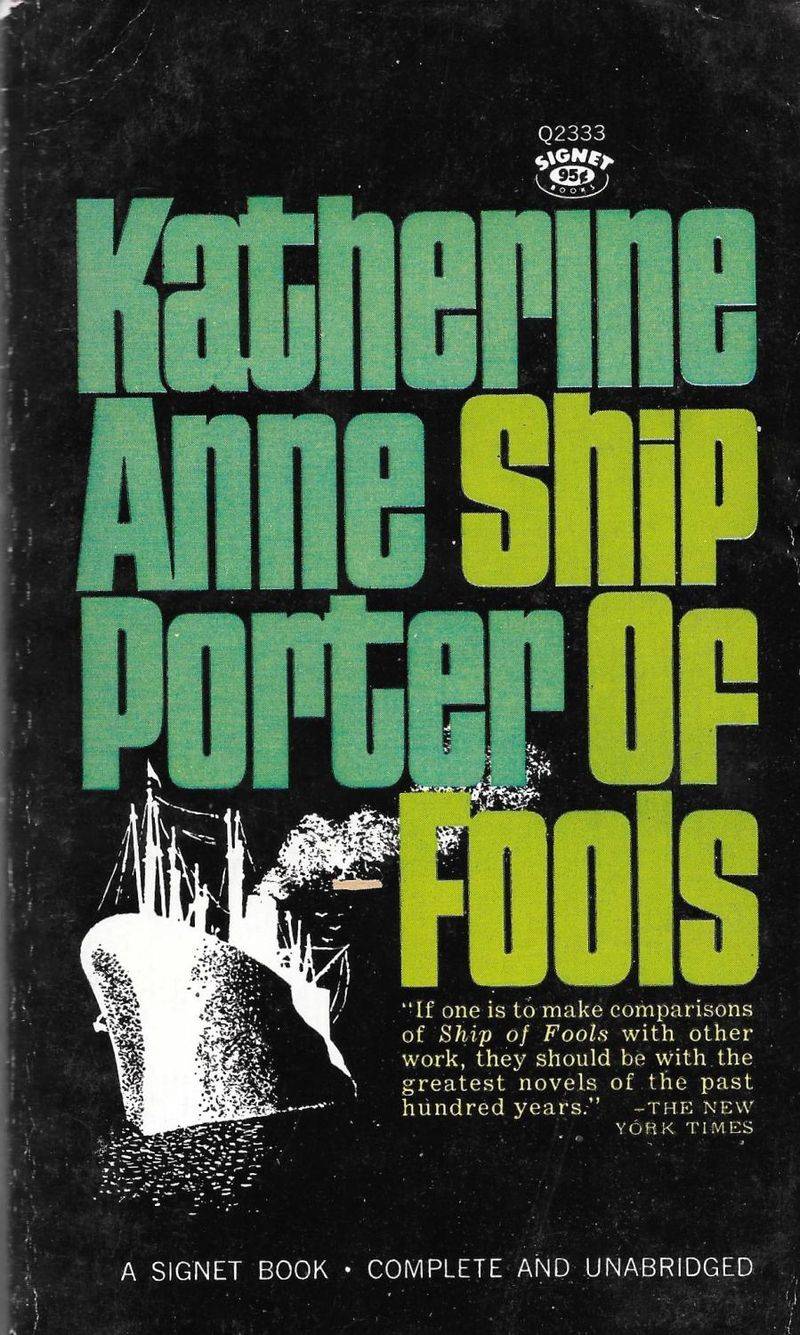
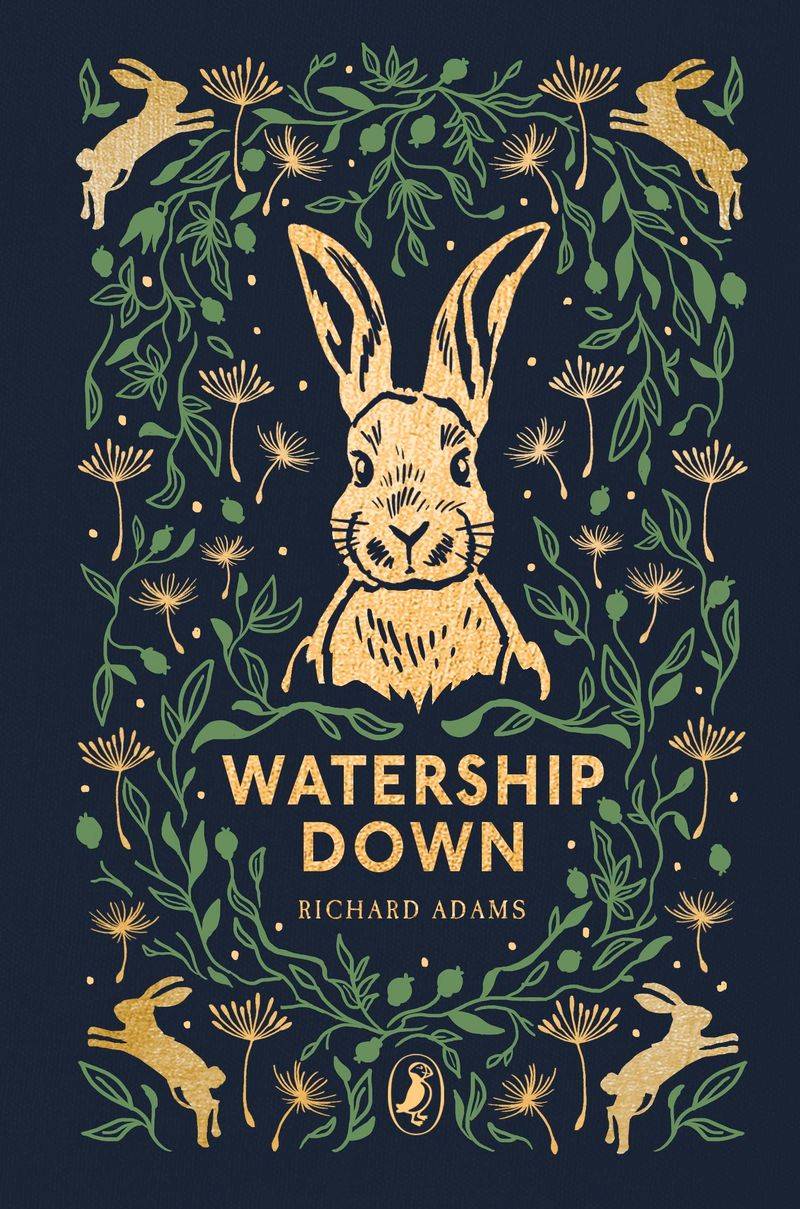
Comments
Loading…